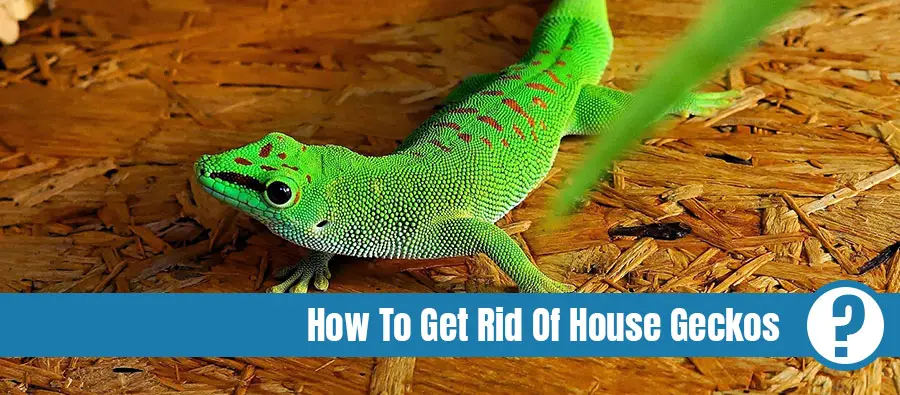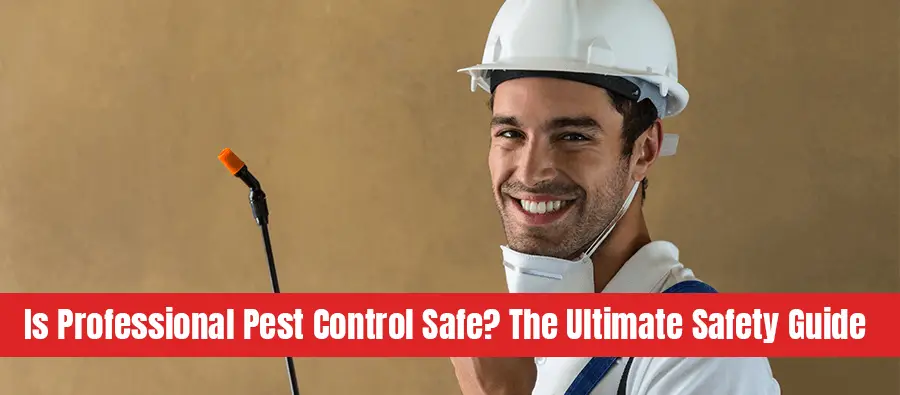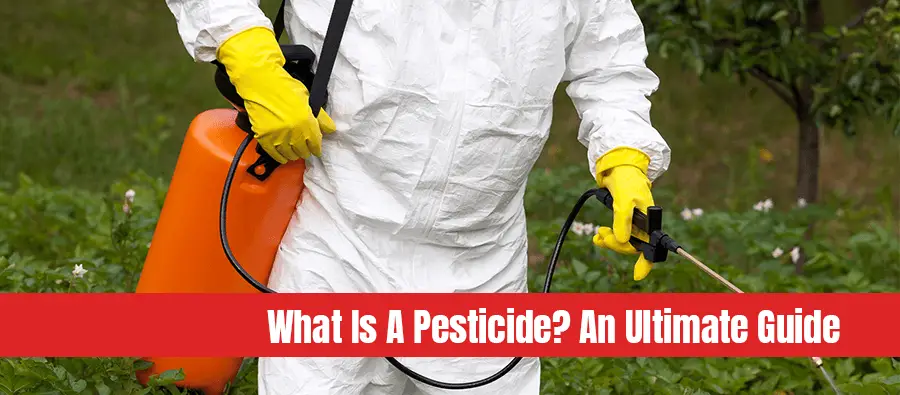Fleas are extremely common amongst households with pets. They enter the household through your pets and nest all around the house, including on you! While DIY remedies exist, the best option to truly rid your house of fleas is to call an exterminator.
But how long until after the exterminator do the fleas die? Well, it depends on what type of method the exterminator used. Two distinct methods exist: fogging and spraying. Foggers can kill fleas on impact, but require immense prep time, while spraying can take a few hours up to a few days. Both the spray and the fogger are the most common way exterminators use to get rid of fleas.
Below we’ll take a look at the difference in how long the fleas take to die between foggers and sprays as these are the two most common methods used by exterminators. We’ll also take a look at how long the fleas can live in your home.
want to Skip All the Research? Then Hire a Decent Exterminator In your Area!
Check out our exterminator search tool where you will receive free quotes from thoroughly vetted exterminators in your local area!
Fleas are annoying pests. A byproduct of having cute pets. Fleas are brought into your home via your pets and a simple bath doesn’t always rid your home of them. While many sprays and foggers can kill fleas, the most important thing is to kill the eggs and larvae.
After getting into your home on the backs of your pet, the flea will infest your home rather quickly, especially in all your carpets and rugs. This is where fleas like to lay eggs. While they initially feast on animals, they’ve been known to feed on humans too.
Fleas require warm, humid settings to thrive. This is why they feed on animals and humans. One mixed myth about fleas is that they fly. This is not true. Fleas can jump up to 8 inches vertically and as far as 15 inches horizontally.
Fleas lay up to 200 to 400 eggs at one time. This can be a nightmare for living situations as fleas are an utter annoyance. Noticing fleas can be tough as they can feed relatively quiet and unnoticed. By the time you notice a flea or two, you could be a few days away from a complete infestation.
Since adult fleas found on your pet only constitute about 5% of the flea population, where the eggs are laid is highly important. Eggs have been known to make up around 50% of the flea population, according to “Get Rid of Fleas.”
The importance of contacting a professional exterminator for your flea infestation cannot be understated. While all infestations are different, the time it takes to eradicate your flea infestation can vary especially depending on which method your exterminator uses.
Sprays
The first weapon the exterminator will use against fleas is chemical spray. These insecticides are highly effective against combating fleas. Once the exterminator appointment is made, you will need to clean the home by vacuuming and cleaning up the rest of the home. Sanitation is key to allow the chemicals to really settle in.
Most exterminators will use a type of spray that includes IGR, or insect growth regulator, mixed in concentrated form with water. These IGR’s are extremely toxic and should be applied by the exterminator.
While many people think that simply getting rid of the fleas on your pet is the best way to rid the house of them, this couldn’t be further from the truth. Flea’s leave eggs all around their setting. This means the exterminator will be sure to check the corners of the house and where the pet sleeps and spends time. These are hotspots.
While the exterminator sprays, it’s best to keep all pets and people out of the house for over 4 hours. Once the exterminator is finished with their spraying, you need to clean the house and all surfaces. However, if you have carpet or rugs, be sure not to vacuum for at least 48 hours as the spray needs time to set and kill all the eggs.
Once the exterminator applies the chemical spray, it should take mere hours to kill most of the fleas. While the adult fleas are killed rather quickly, it’ll take a few hours for the chemical spray to penetrate and kill the eggs around the house.
An exterminator might have to make a few visits to rid your home of the flea infestation with their chemical spray. Even with the IGR sprays, fleas can prove to be very difficult to eradicate. This is why it’s recommended to continue to vacuum and clean daily after application.
Foggers
Foggers have been proven effective against combating fleas for a long time now. Foggers tend to be a more extreme step than the typical spray, as it’s much more effective since it kills the fleas on contact. However, this comes with risks and time. If your exterminator determines that your house needs to be eradicated using the foggers, you’re in for a long day.
Foggers kill fleas on contact while also seeping into the corners and carpets of your house. The potential for foggers to get into hard to reach places within the household as well as their tendency to cover large spaces makes them a real go-to for exterminators.
While you can purchase one on your own and conduct the eradication yourself, it’s probably best to have the exterminator do this. Due to the highly toxic and chemical properties of the foggers, it is recommended that you have a professional handle this.
Due to how the fogger operates as well as its chemical makeup, prep work is a must when using a fogger. If using a fogger, you need to ensure that all food, utensils, clothes, towels, and anything else that you might use on your body is covered up.
Once everything is covered up, the exterminator will then set the foggers throughout the house. When the exterminator ensures that all the windows are closed, then they will activate the foggers, and the house will need to be vacant for at least a couple hours.
The fogger is essential to ridding your home of fleas. The chemical found in most foggers, S-Methorpene, is highly effective at getting rid of fleas. The fogger disperses the chemical throughout the house. This instantly kills fleas on contact.
The importance of killing all the live fleas cannot be overstated as it instantly makes your home habitable. But that isn’t all the fogger does. While the fogger chemical kills the live fleas on contact, it also kills the eggs. This is highly important to rid your house of fleas.
After the time it takes to prep for the fogger, the estimated time to remain out of the house is two hours while the foggers do their work. After the foggers are finished, the exterminator will go in and open the windows and let the house air out for another couple hours. All in all, you can expect to be out of the house for 4-6 hours.
The 4-6 hour timetable seems fairly long. While this can be kind of a long time to be out of your home, the effect is instant. The fact that the fogger kills fleas instantly is a huge advantage as you can be extremely confident that both the eggs and fleas are killed.
The Takeaway: Which is Faster?
If your exterminator uses a chemical sprayer to rid your home of fleas, then it’ll take a few hours for the fleas to die. While a few visits might be needed, it requires less time upfront for the fleas to die. If your exterminator goes the fogger route, then you will essentially be displaced from your home for 4-6 hours at a minimum. The plus side is the fogger is much more effective.





